Pfizer and Astellas’ Xtandi and Johnson & Johnson’s Erleada may have big head starts in the prostate cancer market, but Bayer and partner Orion have a new entry—and they're looking to carve out a share.
The pair has nabbed an FDA green light for Nubeqa (darolutamide) in non-metastatic castration-resistant prostate cancer (nmCRPC), three months ahead of the agency’s target decision date. It'll take its place on the androgen receptor inhibitor market behind Erleada and Xtandi.
While facing those two giants won't be easy, especially without standout efficacy data, Bayer could lean on its superior safety profile to win market share, analysts figured.
In the phase 3 Aramis trial involving 1,500 patients with nmCRPC that were already on standard androgen deprivation therapy (ADT), adding the Bayer drug cut the risk of tumor metastasis or death by 59%. Specifically, Nubeqa plus ADT exhibited a median metastasis-free survival of 40.4 months, versus 18.4 months for placebo plus ADT. How long the regimen extend lives is not yet known, as median overall survival hasn't been reached, though Bayer said there’s a "positive trend" favoring its therapy.
Analysts seem split on how that efficacy data stand against Xtandi and Erleada in their separate trials. Of course, cross-trial comparisons are problematic, but analysts and potentially doctors often turn to them in the absence of head-to-head studies.
In Erleada’s Spartan trial, median MFS tallied 40.4 months for Erleada versus 16.2 months for placebo; and in Xtandi’s Prosper trial, Xtandi hit 36.6 months versus placebo's 14.7 months.
To Bernstein analysts, Nubeqa’s data is in line with peers, while Jefferies analysts pointed to Nubeqa's higher hazard ratio as evidence of what they called "inferior efficacy," which they said makes it "tough to see significant market penetration" for the drug.
But the two teams agreed on one thing: Nubeqa boasts a better safety profile.
"In addition to a benefit in MFS, a favorable safety profile is critical for these largely asymptomatic nmCRPC patients because treatment decisions can impact their overall well-being, prognosis, compliance with the treatment as well as other medications that are typical for this patient population," Karim Fizazi, an author of the Aramis results published in The New England Journal of Medicine, said in a statement back in February.
Nubeqa, in the Aramis trial, showed lower rates of fatigue, falls, fractures and seizures than in competitors’ studies. Fizazi’s investigator team noted that Nubeqa has a distinct molecular structure compared with Xtandi and Erleada that may offer advantages in terms of toxicity.
"[W]e expect [Nubeqa] could find a niche in prescription practice for the few number of patients that are at higher risk of these events," the Jefferies analysts said in their note in February.
However, the Jefferies team’s peak sales estimate for the drug, €630 million in 2023, is still higher than the Bernstein team’s €480 million—and they both noted Bayer’s expectation of €1 billion might be a stretch.
Bayer is already having a hard time in prostate cancer. Xofigo, once touted among Bayer’s "Big Five" consortium of crucial new meds, was not even among the company’s top 15 best-selling pharmaceutical products in the first half of the year. The last drug on that list, Stellant, sold €182 million during the period.





 ALL
ALL Pharma in China
Pharma in China Pharma Experts
Pharma Experts Market News
Market News Products Guide
Products Guide Brand Story
Brand Story
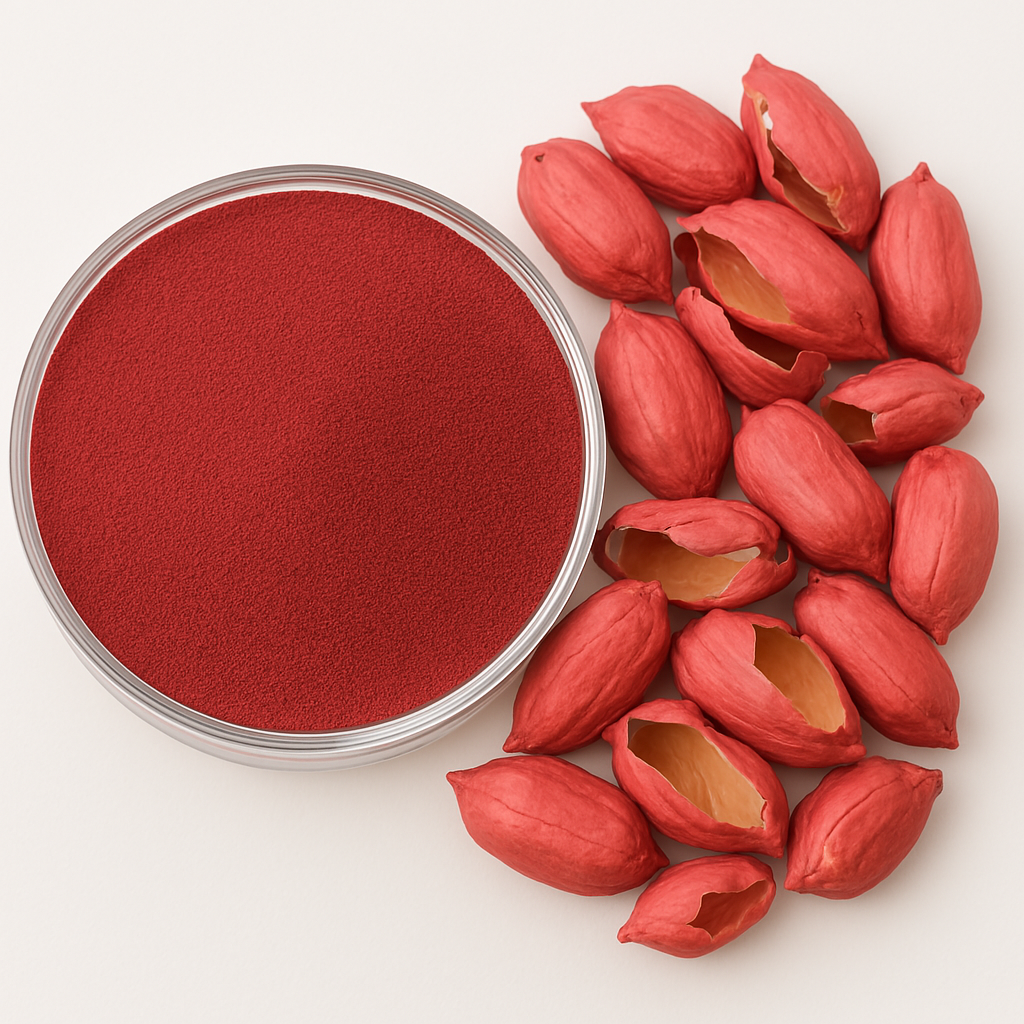
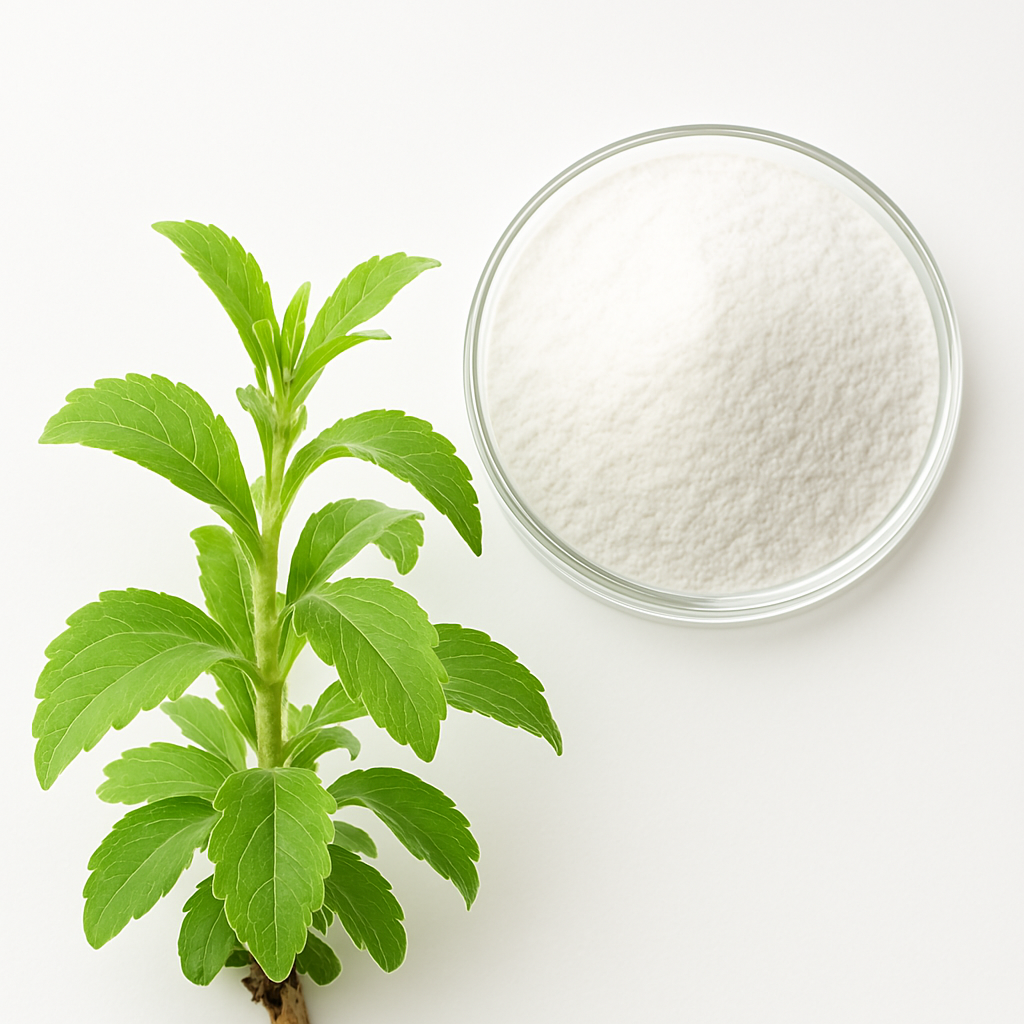

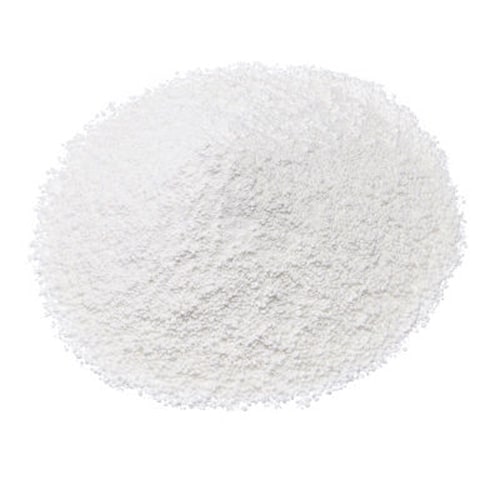
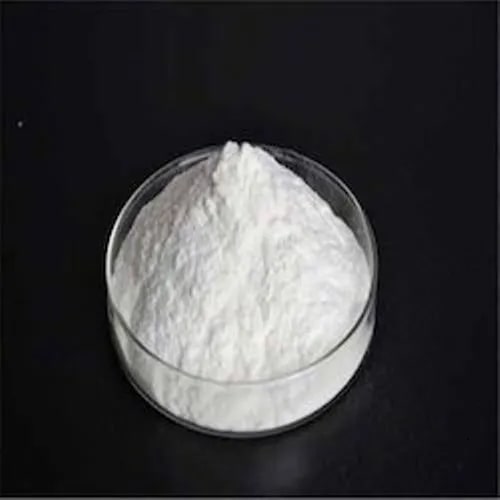
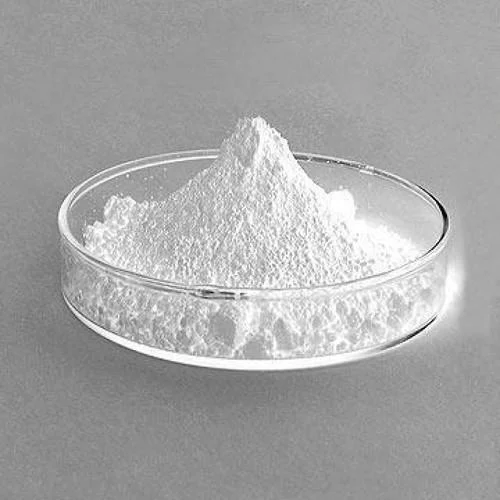

















 Pharma Sources Insight January 2025
Pharma Sources Insight January 2025








